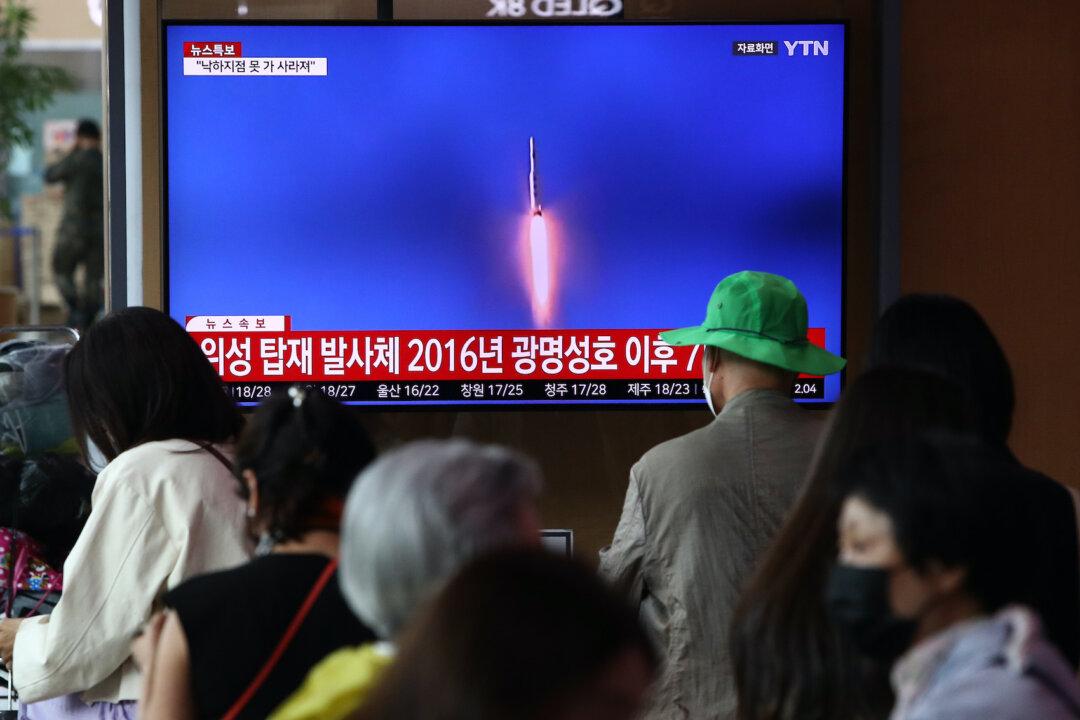The United States and South Korea have called on China to play “a constructive role” in tackling North Korea’s missile launches following Secretary of State Antony Blinken’s recent talks with Chinese diplomats in Beijing.
South Korean nuclear envoy Kim Gunn and his U.S. counterpart, Sung Kim, spoke by phone on Monday to discuss North Korean nuclear threats and pledged to thwart North Korea’s financing of nuclear programs.





